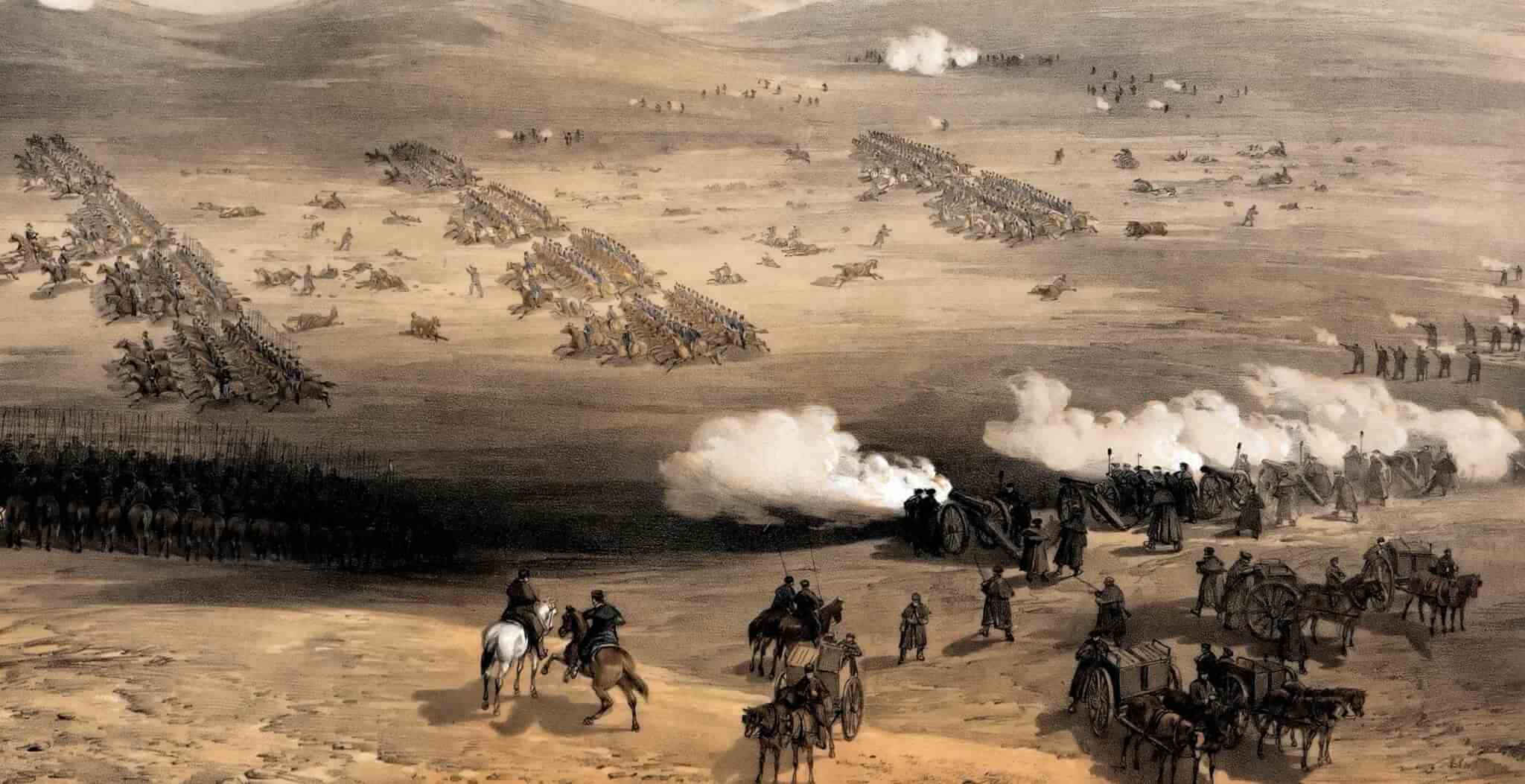Once the world began to unify, people started thinking alike, and a new type of society emerged. In the earliest stages, power and influence were dictated by physical strength and the ability to protect and provide for one’s family. Men who held sway in society were primarily soldiers—capable warriors who defended their people and resources. However, as civilizations expanded, conflicts grew. Wars became more frequent as people began desiring the same resources, lands and power.
Without a shared consensus or agreements to resolve disputes, societies were thrust into endless cycles of violence. Over time, these wars claimed the lives of many of the strong, leaving behind those who were unwilling or unable to fight. These remaining men, recognizing their physical limitations, began to rely on intellect rather than brute force. They developed machines and tools to carry out tasks that once required physical dominance.
The Role of Women and Relationships in Changing Society
During the wars, women were often left behind with the weaker men who had avoided battle. Many women remained loyal, waiting for their husbands’ return, but others, especially widows, sought new partners. As the number of physically dominant men dwindled, traditional structures and moral codes began to erode. The absence of strong enforcers of societal norms led to shifts in behavior, including the normalization of gay sexual relations. This change was compounded by the weakening of patriarchal authority. Those who once imposed strict rules and punishments were no longer present, and with them, the rigid order of the past began to fade. Without physical strength as the measure of a person’s worth, society turned its focus to intellect and creativity, birthing a new hierarchy where intelligence and innovation reigned.
The Rise of Democracy and Intellectual Power
As the strong disappeared, oppressive systems that thrived on fear and force crumbled. Democracy took root as the preferred form of governance, emphasizing equality and collective decision-making. The shift marked the end of autocratic rule and the dawn of intellectual dominance. No longer could brute strength dictate power; instead, leadership became tied to ideas, persuasion and strategy. However, the weaker men who came to power carried scars from years of societal ridicule and insecurity. They had long been dismissed and undermined by the dominant warriors of the past. As they rose to leadership, they sought validation, particularly from women, whose admiration symbolized success.
The Romantic Period and Emotional Expression
To win the affection of women, these men turned to art, music and poetry, giving rise to what became known as the Romantic Period. Originating in the 19th century, this era emphasized emotions, personal expression and sentimental beauty. Love songs, heartfelt melodies and expressive harmonies reflected the deep longing for connection and acceptance. Music became a tool for men to beg for love and admiration, marking a dramatic cultural shift from the stoic dominance of warriors to the emotional vulnerability of artists and intellectuals.
The Evolution of Culture and Social Norms
As children of the former elite, the strong and dominant—grew up in this new society, they faced a world that no longer prioritized physical strength. Instead, intelligence, creativity and emotional expression were celebrated. The rise of education systems, technological advancements and artistic movements further solidified this transformation.
However, the legacy of oppression lingered. The powerful classes of the past had established patterns of dominance, and their influence did not entirely vanish. It reshaped itself, embedding it in economic systems, cultural narratives and even art. The desire to control and influence others persisted, though it took subtler, less violent forms.
The modern world became a place where manipulation of ideas, emotions and perceptions replaced the use of force. Media, music and culture played significant roles in shaping how people saw themselves and others. The weak no longer feared the strong; instead, they learned how to dominate through persuasion and intellectual appeal.
The journey to modern society was one of transformation, from physical dominance to intellectual supremacy. Wars stripped society of its strongest, leaving room for those once marginalized to rise. In their pursuit of power and acceptance, they reshaped culture, politics and relationships, creating a world where democracy and emotional expression flourished. Yet, beneath this evolution, echoes of the past remain. While physical strength may no longer define hierarchy, the struggle for influence and control persists although in new forms.
